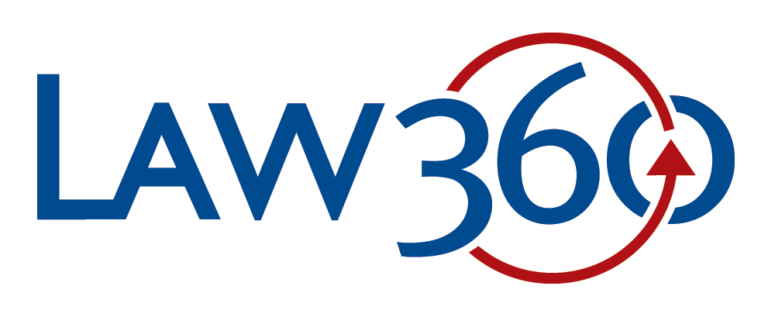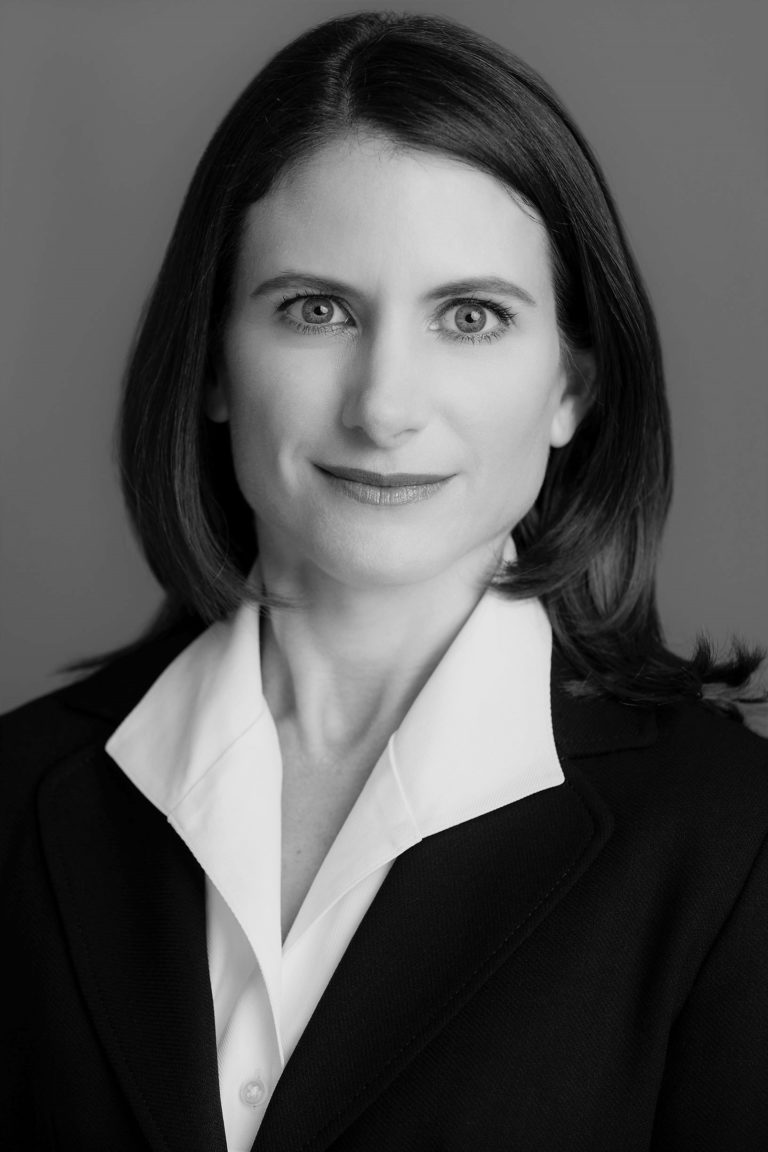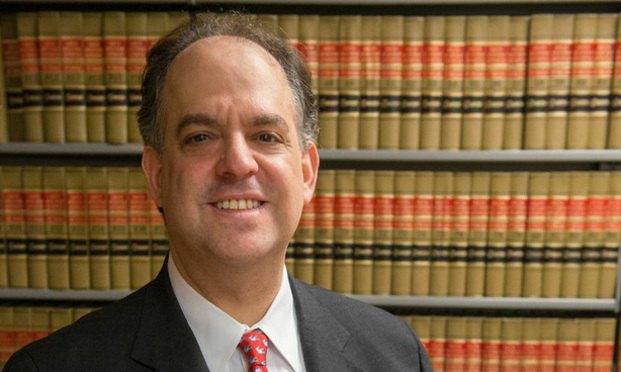Thirteen State Attorneys General Support CCAF’s Objection to Google Consumer Privacy Class Action Settlement
This week, 13 state attorneys general filed an amicus brief in support of the Competitive Enterprise Institute’s Center for Class Action Fairness (CCAF) and its objection to a consumer privacy class action settlement involving Google because it provides millions of dollars to attorneys and zero dollars to the class.








